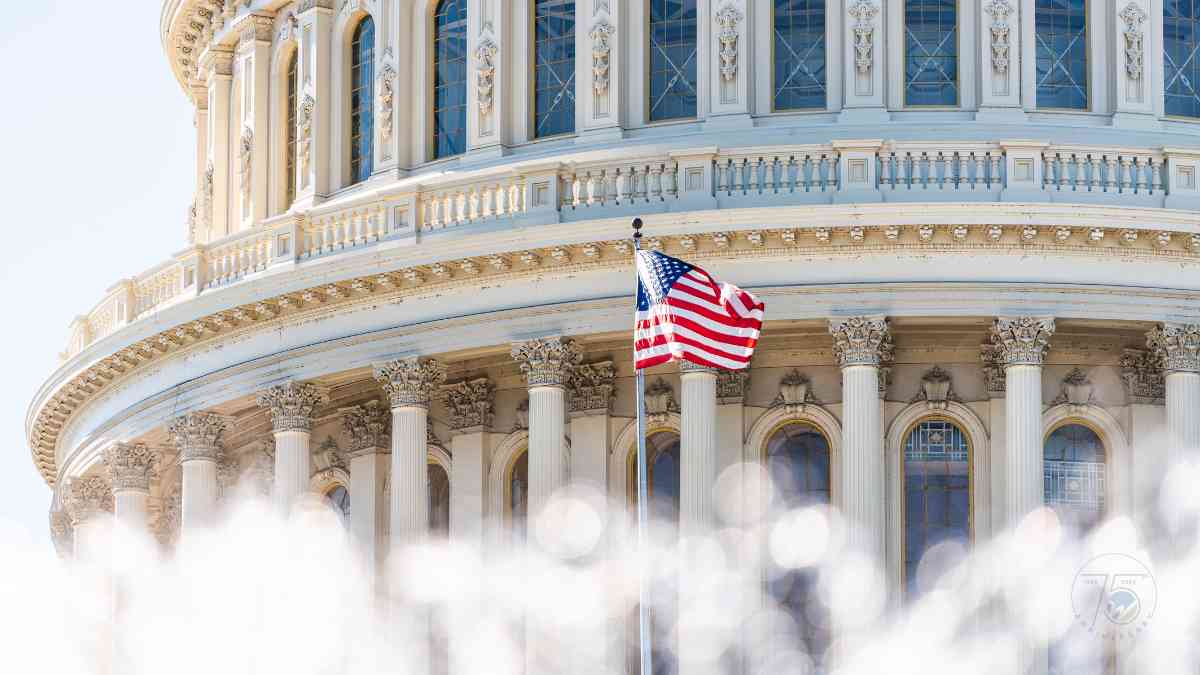Is your accounting department prepared for the recent changes to meals and entertainment deductions? Have they been trained to code invoices and track expense reports according to the new rules? Are you looking for a better understanding of the new rules?
The Tax Cuts and Jobs Act of 2017 made significant changes to the meals and entertainment rules that most have grown accustomed to. To date, the IRS has issued limited guidance with the plans of issuing Proposed Regulations in the near future.
The Act modifies Section 274 by making ALL entertainment expenses, including facilities used for such activities, nondeductible, even if these expenses directly relate to, or are associated with, the conduct of business. Business meals and beverages, however, remain 50% deductible.
Hence, all forms of business entertainment, including golf outings, fishing, sailing, sporting events, hunting, theater tickets, license fees paid to sporting arenas, golf club dues, etc. are entirely nondeductible, even if a substantial and bona fide business discussion is associated with the activity. The IRS recently confirmed that Taxpayers may still deduct 50% of food or beverages incurred at such events, but only if they can prove that business was conducted.
Depending on the volume of these types of transactions and the structure of your accounting department, it may be helpful to update your general ledger accounts related to meals and entertainment type transactions.
Below are some common workplace activities and the impact on the deductibility of these expenses under the new Tax Cuts and Jobs Act of 2017 effective for tax years beginning after December 31, 2017
EXAMPLE: COMPANY COOKOUTS
100% deductible – includes meals AND entertainment expenses for recreational, social, or other similar activities primarily for the benefit of all employees (examples include holiday parties, annual company picnics or outings).
EXAMPLE: TEAM LUNCHES
50% deductible – includes employer provided “de minimis food and beverages” at the workplace (such as coffee and donuts), working meals and overtime meals.
EXAMPLE: STOCKED FRIDGE
50% deductible – for example where an employer provides the staff a variety of beverages, quick meals, or overtime meal money. May include food/beverages provided for the “convenience of the employer”; this includes work circumstances that require short meal breaks for staff or where staff must stay “on premises” for emergency or to satisfy client service needs.
EXAMPLE: GOLF OUTINGS – attendees may be customers, prospects, guests or employees (also, it does not matter if it’s a charity outing)
Mixed: Part 50% deductible, Part NO deduction – All green fees would be considered entertainment, and therefore, nondeductible. To get the 50% deduction for food and beverages before, after, or while attending a sporting event, you must be able to prove business was conducted during the meal AND the costs for food and beverages must be separately stated from the costs of entertainment.
EXAMPLE: OPEN HOUSE, GRAND OPENING, COMPLIMENTARY CANDY & COFFEE IN LOBBY – FOOD AND BEVERAGES
100% deductible – food & beverages provided to the public to generate business remain fully deductible.
If you are interested in further guidance with ideas for setting up your general ledger accounts or with understanding the specific activities of your company, please reach out to a Wegner team member.




